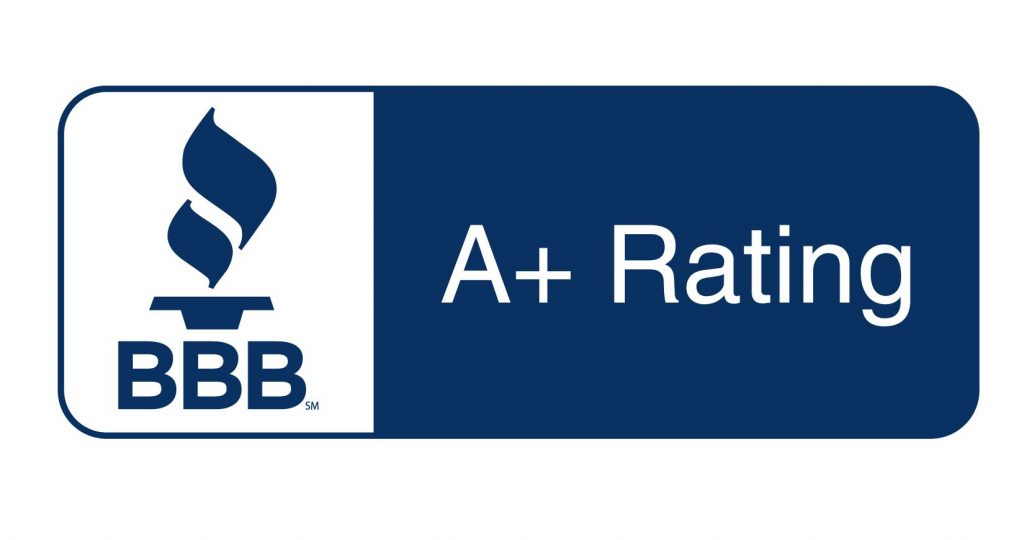
What Is an HMO?
Health Maintenance Organization (HMO) plans are based on a network of health care providers (hospitals, doctors, etc.) that agree to organize care within a network — in exchange for a certain rate for their services.
In other words, an HMO lets you access certain hospitals and doctors within the plan’s network.
Why Choose an HMO?
An HMO plan can help you get more for your health care dollar. These programs typically have affordable, fixed costs, and provide all the benefits of Original Medicare — AND some additional features.
What You Should Know
As an HMO patient…
- Generally you’re required to get services from a local provider network.
- First, you have to see your primary care physician (PCP). If the PCP can’t treat the issue, they’ll refer you to an in-network specialist.
- When you stay in your “network,” you can expect the maximum coverage for the services you get, according to your plan.
- You receive coverage for most yearly screenings at no charge!
- HMOs don’t normally have yearly deductibles and only charge a copayment at the time of service (when in network).
Since the copayments are predictable, it makes it easier for you to budget accordingly.
Important Note: If you receive care outside of the network of providers, you will most likely have to cover all the costs out-of-pocket, unless it’s an emergency situation.
Who Qualifies for an HMO?
If you’re currently enrolled in Original Medicare and live in the plan’s coverage area, you’re eligible for an HMO plan. You cannot drop Part B.
Do You Need to File a Claim?
No, because the insurance company directly pays the healthcare provider.
What If You Need to Fill a Prescription?
You must have prescriptions filled at in-network pharmacies to get coverage.
When Can You Apply?
There are four main enrollment periods that someone could enroll in an HMO plan, which include:
- Your Initial Enrollment Period (IEP)
- General Enrollment Period (GEP)
- Annual Enrollment Period (AEP), and
- Medicare Advantage Open Enrollment (OEP)
Your IEP is a seven-month period, which starts three months before and ends three months after your 65th birthday. GEP and OEP fall between January 1 and March 31. AEP is from October 15 to December 7. These timeframes allow someone to enroll, change, or leave an Advantage plan.



